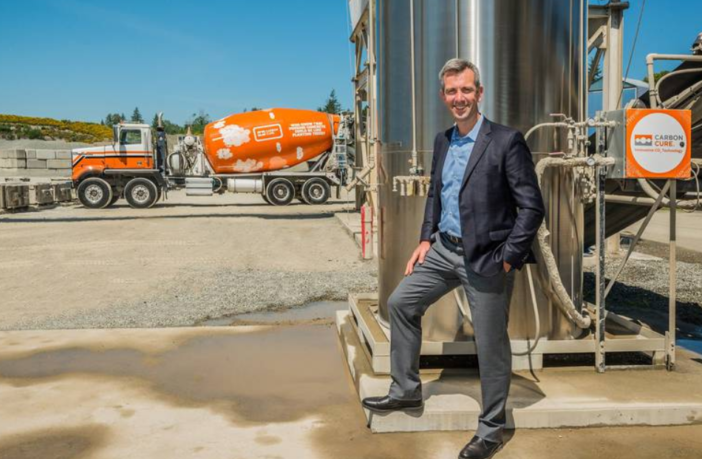One of the most effective ways for countries to reduce their carbon emissions is by taking another look at their cities. Are there ways in which buildings and street architecture can be made more energy efficient? The issue is even more prescient given predictions that while half of the world’s population currently lives in cities, this will increase to two-thirds by 2050. Though what impact Covid19 might have on that shift in the population remains to be seen.
TechCrunch has the scoop on a new VC fund that has been set up to address this issue.
“2150“ which launches with the first close of a €200m ($240m) fund will back technologies aimed largely at reducing the carbon footprint of cities. 2150’s core investment will be in the urban environment, materials, automation, and sensor-based monitoring to improve the health, safety, and productivity of building occupants. It aims to have around 20 companies on its books with the average investment being €4-5m series A for startups.
Its first investment is in CarbonCure Technologies – a Canadian company that is developing technology to lower the CO2 footprint of concrete.
Mikkel Bülow-Lehnsby, Partner at 2150 and Chairman and co-founder of NREP, said: “With NREP we have been on a 15-year mission of making real estate and cities more efficient, customer-centric and sustainable. With 2150 we are leveraging all of NREP’s learnings and ambitions and partnering with our industry peers to identify and accelerate technology that can help us support our purpose of making real estate better. I am convinced that 2150’s mission-aligned team will play an important role in designing a future in which the convergence of entrepreneurship, technology and sustainability will reverse the built environment’s negative impact on the planet.”
Christian Hernandez, Partner at 2150, said: “Cities are complex living systems that are constantly expanding, evolving and adapting, with half the world’s population now living in urban environments and rising. Cities, while vehicles for the betterment of humanity, currently emit 70% of the world’s greenhouse gases and generate the vast majority of the planet’s waste. We see a huge opportunity to make a serious impact on the way cities are developed and the way our citizens live, work and are cared for by completely reimagining and reshaping the urban environment for good.”




